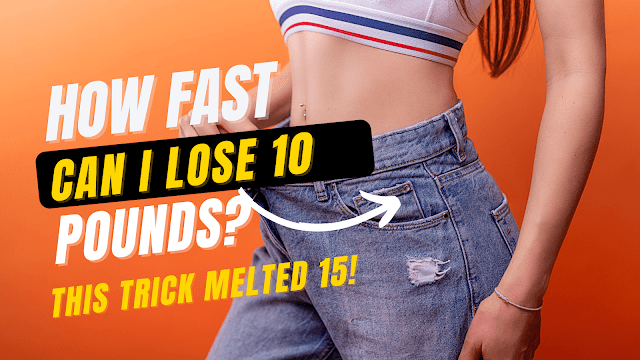Supplements for Inner Ear Health: What You Need to Know
Why You Need Supplements for Inner Ear Health
Your inner ear is a complex and delicate organ that contains the cochlea, the vestibule, and the semicircular canals. The cochlea is responsible for converting sound waves into electrical signals that are sent to the brain. The vestibule and the semicircular canals are involved in maintaining your balance and sense of motion.
The inner ear relies on a steady supply of oxygen-rich blood to function properly. Poor blood circulation can impair the health and function of the inner ear, leading to hearing loss, tinnitus (ringing in the ears), and vertigo (dizziness). Some of the factors that can affect blood circulation to the inner ear include:
- Heart disease
- Diabetes
- High blood pressure
- High cholesterol
- Smoking
- Obesity
- Stress
- Lack of exercise
- Poor diet
In addition, the inner ear is exposed to various sources of damage, such as:
- Loud noise
- Infections
- Ototoxic drugs (drugs that can harm the inner ear)
- Aging
- Genetic factors
- Autoimmune disorders
- Trauma
These factors can cause inflammation, oxidative stress, and cell death in the inner ear, resulting in permanent damage to the cochlear hair cells, the sensory cells that detect sound vibrations. Once these cells are lost, they cannot be regenerated, and hearing loss becomes irreversible.
Therefore, it is important to protect your inner ear health by avoiding or managing the risk factors, and by supplementing your diet with nutrients that can support blood circulation, reduce inflammation, fight oxidative stress, and preserve the cochlear hair cells.
How to Choose the Best Supplements for Inner Ear Health
If you are not getting enough vitamin E from your diet, or if you have a condition that affects your inner ear health, you may benefit from taking vitamin E supplements. However, not all vitamin E supplements are created equal. Here are some tips on how to choose the best supplements for inner ear health:
- Look for natural vitamin E. Natural vitamin E is more bioavailable and effective than synthetic vitamin E. Natural vitamin E is labeled as d-alpha-tocopherol, while synthetic vitamin E is labeled as dl-alpha-tocopherol. You can also look for the term “mixed tocopherols”, which means that the supplement contains other forms of vitamin E besides alpha-tocopherol, such as beta, gamma, and delta-tocopherol. These forms have different biological activities and may have additional benefits for your inner ear health.
- Check the dosage and purity. The dosage of vitamin E in supplements can vary widely, from 100 IU to 1,000 IU per capsule. You should choose a supplement that provides enough vitamin E to meet your needs, but not too much to exceed the upper limit. You should also check the label for any additives, fillers, or allergens that may be present in the supplement. Some supplements may contain soybean oil, which is a common source of vitamin E, but may also cause allergic reactions in some people. You should look for a supplement that is certified by a third-party organization, such as NSF International or USP, to ensure its quality and safety.
- Consider the form and frequency. Vitamin E supplements come in different forms, such as softgels, capsules, tablets, liquids, or powders. You should choose a form that is easy to swallow and digest, and that suits your preference and lifestyle. You should also follow the instructions on the label for how often and when to take the supplement. Generally, it is best to take vitamin E with a meal that contains some fat, as this will enhance its absorption and effectiveness.
What Are the Best Supplements for Inner Ear Health
There are many supplements that claim to improve your inner ear health, but not all of them are backed by scientific evidence. Based on the current research, some of the most effective and beneficial supplements for inner ear health are:
- Omega-3 fatty acids
- Vitamin A
- Vitamin C
- Vitamin E
- Magnesium
- Zinc
- Folate
- Ginkgo biloba
- Coenzyme Q10
- N-acetylcysteine
- Alpha-lipoic acid
Let’s take a closer look at each of these supplements, and how they can help your inner ear health.
✅ Click here to read the full article: Supplements for Inner Ear Health
.png)



Comments
Post a Comment